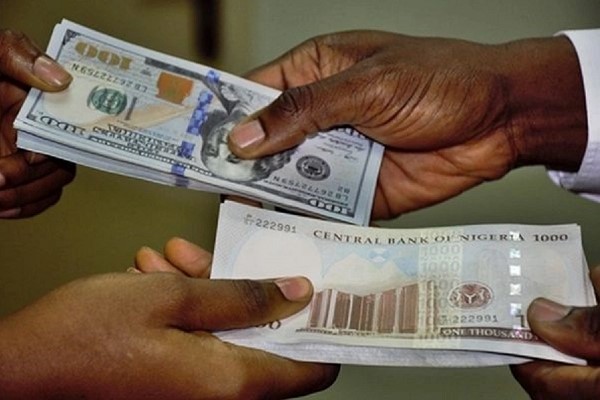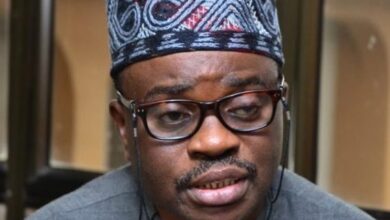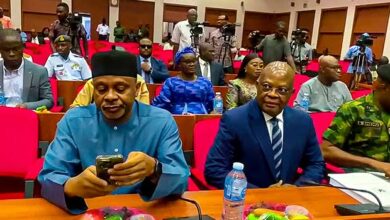Dollar to Naira exchange rate update

The dollar to naira exchange rate reflects the value of one US dollar in Nigerian naira.
This rate is determined by the foreign exchange market and is influenced by a variety of factors, including economic policies, political stability, and global events.
For travelers, business owners, and investors dealing with Nigeria, understanding this exchange rate is essential as it directly impacts the cost of goods, services, and financial transactions.

Today’s Dollar to Naira Exchange Rate – May 5, 2025
As of today, the black-market rate for the dollar to naira exchange stands as follows:
Buying Rate: N1591
Selling Rate: N1605
Please note that these rates may vary slightly across different parallel markets in cities such as Abuja, Kano, and Lagos.
Factors Influencing the Exchange Rate
Several variables contribute to fluctuations in the dollar to naira exchange rate. These include:
Global Events: International economic trends, such as recessions or geopolitical tensions, can significantly impact currency values.
Political Stability: A stable political environment in Nigeria can encourage foreign investment and strengthen the naira. Conversely, instability can lead to depreciation.
Economic Policies: Government policies on trade, foreign investment, and monetary controls play a critical role in shaping the exchange rate.
Inflation and Interest Rates: High inflation rates can weaken the naira, while changes in interest rates can attract or deter foreign capital.
Trade Balances: A trade deficit, where imports exceed exports, can put downward pressure on the naira’s value.
Bureau De Change (BDC) operators have also pointed to a lack of foreign exchange supply and increased demand as key drivers of recent uptrends in the parallel market.
Additionally, tightened liquidity in banks has made it challenging for some domiciliary account holders to access their funds.
Latest Trends and Outlook
The dollar to naira exchange rate has been volatile in recent months due to both domestic and international factors. Rapid changes in the rate can have significant implications for international trade, travel expenses, and investment decisions. Staying informed about these trends is crucial for mitigating risks and seizing opportunities in a fluctuating exchange environment.
Looking ahead, it is expected that the exchange rate will continue to respond to shifts in global economic conditions and domestic policy adjustments. For instance, efforts by the Nigerian government to attract foreign investment or reduce reliance on imported goods could positively impact the naira’s value. On the other hand, external shocks such as global recessions or oil price fluctuations may pose challenges.
Post Views: 17





